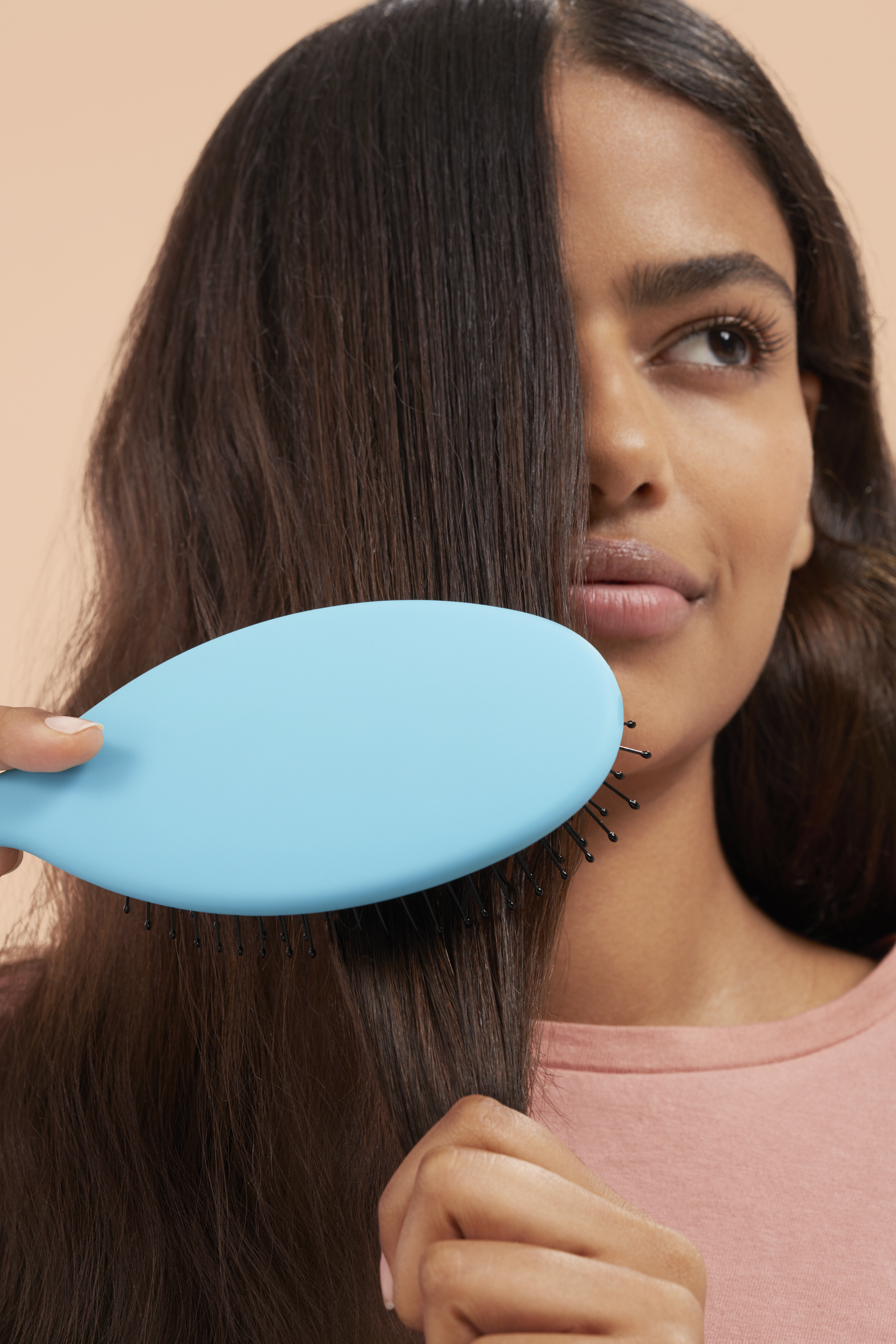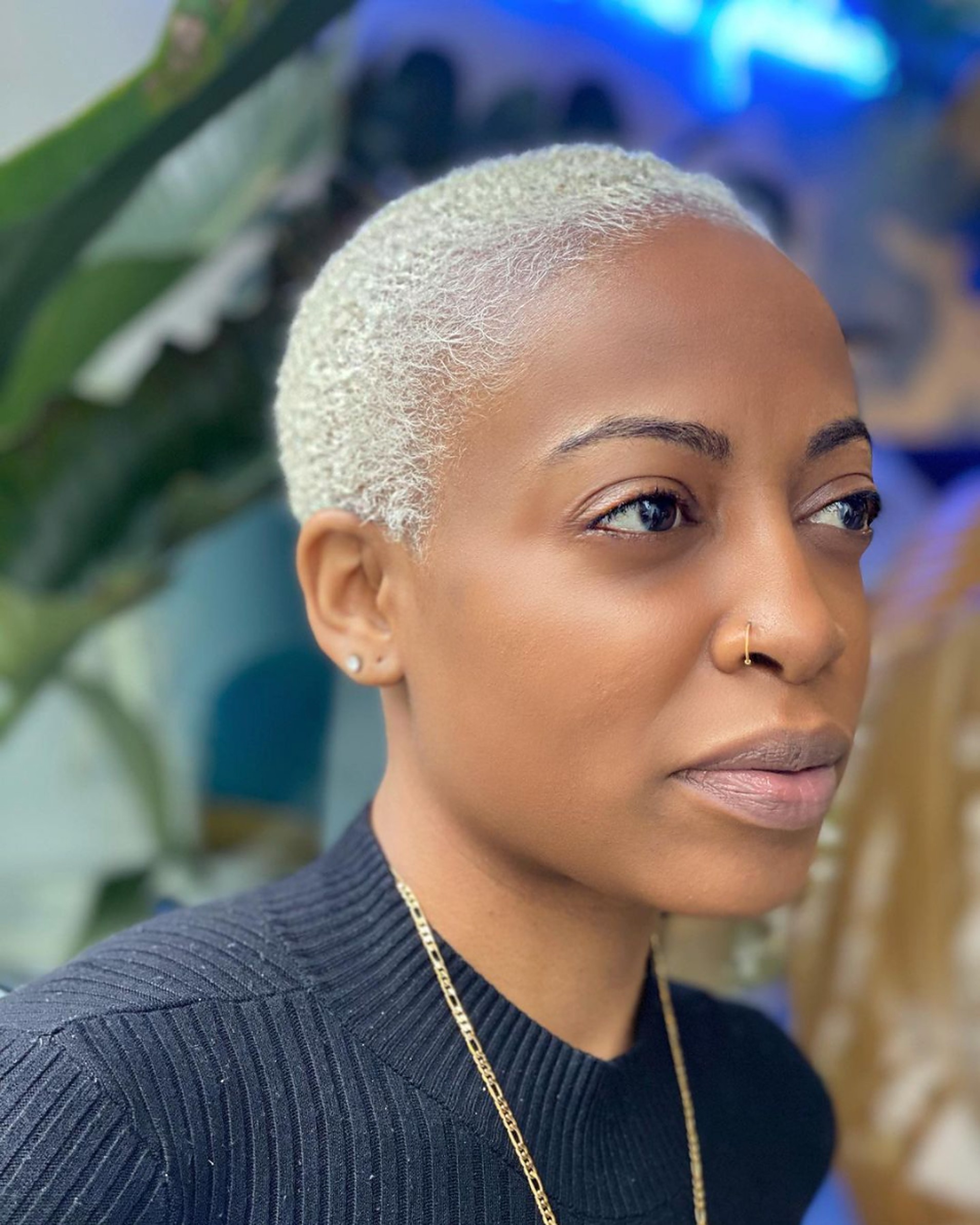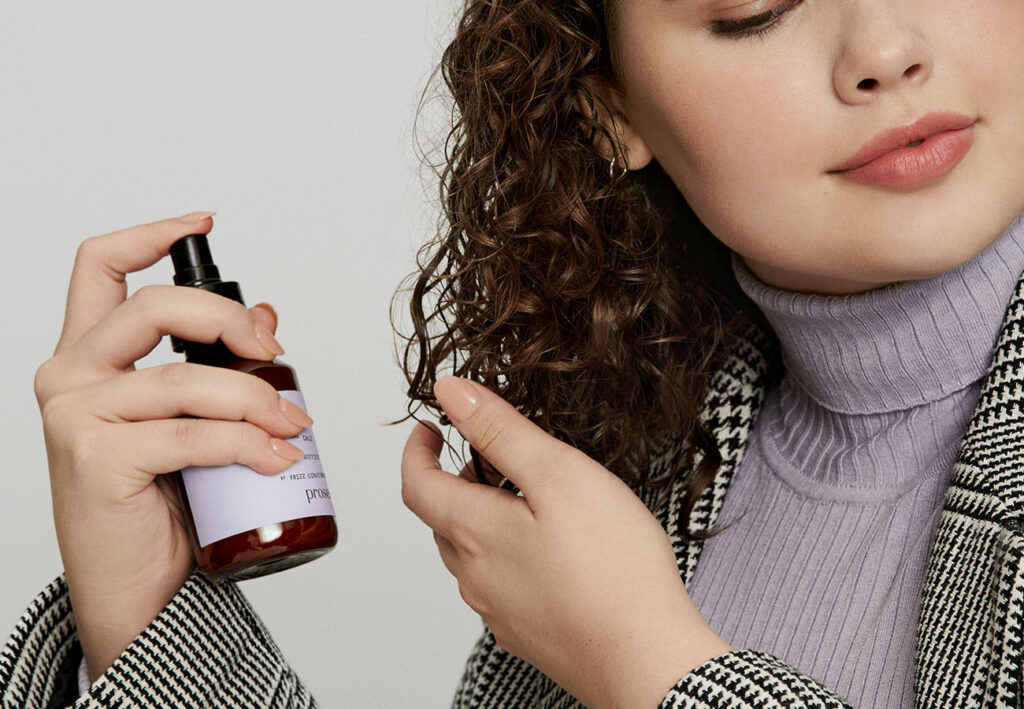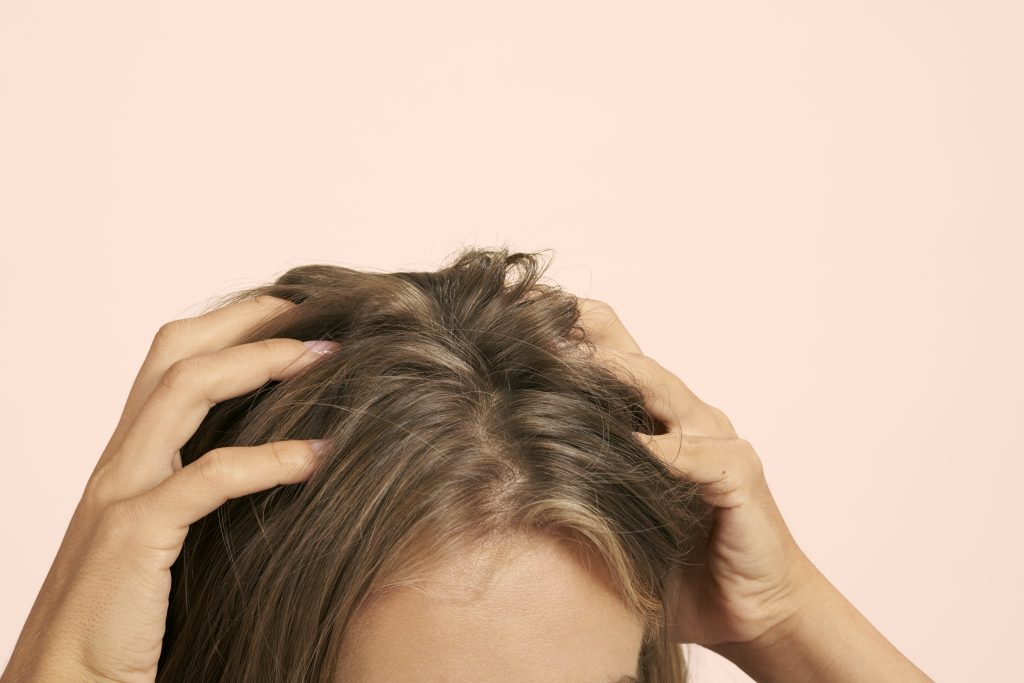Experiencing hair loss can be frustrating and upsetting. If you’re experiencing hair loss, then you probably know there are several causes for this. One of the most prominent causes is different kinds of vitamin deficiencies. Your body needs certain nutrients to remain healthy and to grow hair properly. If you are not getting enough of these types of nutrients, then your overall health can suffer. Multiple vitamin deficiencies have been linked to hair loss. Let’s take a look at some of them.
Iron
The body needs iron to create hemoglobin, which helps carry oxygen to the cells. If your body does not have enough iron, it will only be able to carry oxygen to your vital organs. This leaves out your hair follicles, which means your hair won’t get enough nutrients to grow and can even fall out.
Some side effects of an iron deficiency can include shortness of breath, feeling tired, and a sore tongue. You can boost your iron intake by consuming more food with iron like meat, fish, and leafy greens. You can also take an iron supplement.
Zinc
Zinc plays a major role in hair tissue growth and repair. It helps keep oil glands that are around the follicles working. Zinc is a trace element, which means that the body cannot generate zinc on its own.
Zinc deficiency is very common in people who consume a large amount of cereal grain, infants who are on milk formula, as well as people with eating disorders. It is also common among people who consume a lot of alcohol and pregnant women.
Good sources of zinc include oysters, beef, and pumpkin seeds.
Vitamin B7
Biotin, also known as vitamin B7, is known as the “skin and hair” vitamin. Biotin has been shown to help keep your nails from becoming brittle and also can reduce blood sugar in diabetic people.
Biotin is in a lot of foods, so it’s pretty rare to have a biotin deficiency. Usually, if this is the case, it’s an inherited condition. This could be because a parent did not have enough biotin in their diet during pregnancy. The other frequent causes of biotin deficiency are smoking, antibiotics, and certain acne medications. Some common side effects that often go along with biotin deficiency, other than possible hair loss, are confusion, nausea, muscle pain, and a skin rash on the face.
Foods that contain biotin include egg yolk, cheese, meat, rice, and vegetables. You can also take a biotin supplement if you need to.
Vitamin A
Vitamin A does a lot of things for the health of your body. It helps your immune system, vision, skin, teeth, reproductive system, kidneys, lungs, and bones. Hair loss can actually be caused by having too much vitamin A or too little, so you’ve got to be sure that you’re striking the right balance.
Having too much vitamin A can cause high levels of toxicity in the body. Vitamin A usually comes from red, orange, yellow, and dark green vegetables. Some side effects of vitamin A deficiency are dry eyes, infertility, dry skin, and diarrhea.
If you are vitamin A deficient, you should try to eat leafy vegetables, fruits, liver (if you’re into that— we don’t judge), eggs, and dairy. However, if you have too much vitamin A, then you may want to examine your diet and look at the medications you are on or speak to your doctor. Once you balance out your intake, you will hopefully have more hair growth progress.
Vitamin D
Vitamin D helps to stimulate hair follicles and maintain the thickness of the strands. Vitamin D is the most common culprit of hair loss when it comes to vitamin deficiency. It may even be a possible cause of alopecia areata, although research is still being done on that. Some side effects of not having enough vitamin D are fatigue, chronic pain, changes in mood, high blood pressure, muscle weakness, and loss of bone density.
Foods with vitamin D include eggs, avocado, fish, nuts, and chia seeds. You can also increase the amount of sun you get, but make sure you do it safely. Try taking a walk around your neighborhood on a sunny afternoon for 15 minutes. Wear sunscreen and drink water while you are out in the sun. A lot of vegetarians and vegans tend to lack vitamin D and therefore need regular supplements to stay healthy.
A study in 2014 done by Molecular Endocrinology found that the hair on mice grew back two weeks after giving them vitamin D receptors. This may mean that vitamin D receptors can help with hair growth rather than the nutrient itself.
Vitamin F
Vitamin F is made of two different fatty acids, omega 6, and omega 3. Vitamin F helps to maintain a healthy scalp and also helps to minimize the water loss in your hair. This means that each strand stays hydrated. Vitamin F can help protect from the damage of UV rays and air pollutants. It is ideal for hair that is dry because vitamin F can replenish the lipid barrier and prevent flakiness.
Vitamin F is often sourced from safflower oil. Having enough vitamin F in your diet can also help to reduce inflammation, improve heart health, and aid in fetal growth for pregnant women. Although this deficiency is rare, it can lead to other issues such as dry skin, slow wound healing, sores, and vision problems.
Foods that are high in vitamin F include soybean oil, walnuts, almonds, corn oil, pecans, olive oil, fish, and eggs.
Vitamin E
Vitamin E is an antioxidant. It can help protect your cells from damage. It occurs naturally in a lot of foods, and it is fat-soluble. Your body can store vitamin E as needed.
Vitamin E has been used since the 1950s to help protect skin against aging and sun damage. Having enough vitamin E in your body can help reduce the oxidative stress in your scalp. This type of stress has been linked to hair loss. It can also help increase blood flow, which can help with hair growth.
Vitamin E is essential in creating a protective barrier for the skin. If your skin is irritated or dry, this could be because of a vitamin E deficiency. Applying a vitamin E oil to your hair can help increase its shine and reduce its frizz as well.
Foods with vitamin E include nuts, sunflower oil, meats, and leafy greens. It is also available as a supplement if you do not eat a lot of these foods.
A lot of shampoos and conditioners contain vitamin E. We at Prose source ours from soybean oil and use it in our hair mask, shampoo, conditioner, hair oil, and curl cream.
In Summary
Hair loss can be daunting, but luckily there are a lot of things that can help. If your hair loss is due to a vitamin deficiency, you can easily add foods that are rich in vitamins to your diet or take supplements to give your body what it needs. It is best to talk to your doctor before starting a vitamin supplement to make sure it will not interfere with any current medications or conditions. The best place to start is with a change in diet and making sure your body has everything it needs to function at its best.





